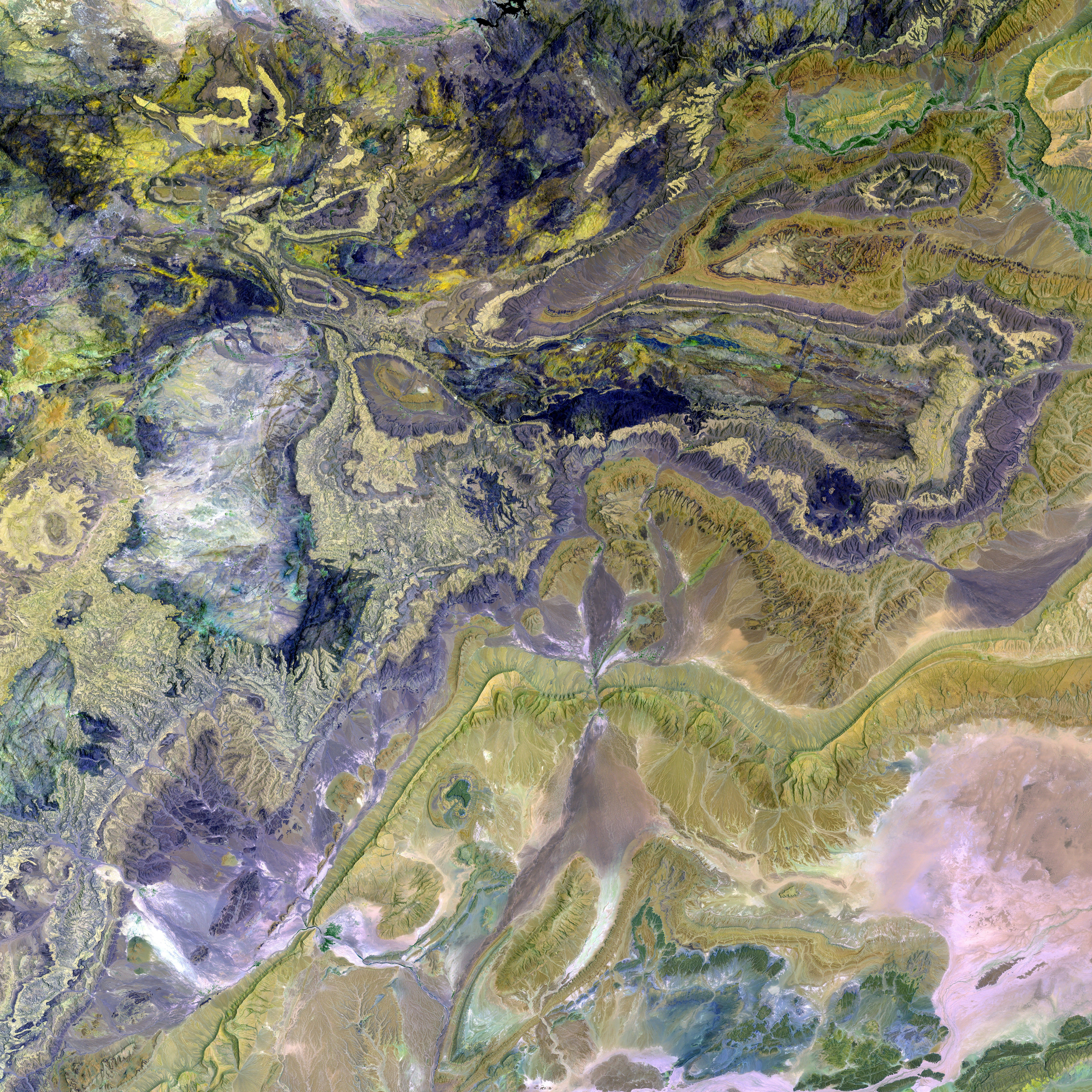Knee Remains Dusted: Remnants from mutual destruction
Klaus Allofs: A Legacy in German Football
Klaus Allofs, a prominent figure in German football, reflects on his career that spans nearly two decades in the Bundesliga. His journey began in Gerresheim, where his early days as a footballer were spent.
Allofs grew up in a workers' apartment on Marckish Street 39. He recalls his first steps into football, playing in the living room with his brother Thomas, also a football enthusiast. The TuS Gerresheim ground served as their training ground, where they spent countless weekends. Allofs played for the club for eight years before moving to Fortuna in 1972.
The shift to Fortuna was met with resistance, as the city's competing teams included BV 04, DSC 99 TuRu, and Fortuna. This strain particularly affected Allofs' father, who faced temporary ostracism in the clubhouse. Nevertheless, the incident has long been forgotten. Allofs no longer keeps any ties with TuS Gerresheim.
Thomas, his younger brother, followed him to Fortuna later. The duo was known as formidable pinball kings at TuS Gerresheim, a testament to their skill and camaraderie.
Allofs' mother, originally from Walbeck on the Lower Rhine, also played a significant role in his upbringing. He even briefly played for SV Walbeck under a pseudonym, scoring a few goals, albeit in distant memory.
Allofs had a remarkably successful football career, spanning multiple clubs and countries. He moved to 1. FC Köln in 1981, a move that did not alienate him from his roots, and continued to excel. His time at Werder Bremen, from 1989 to 1993, was his most successful club-wise, culminating in a Bundesliga championship and a European Cup victory with his goal in the final in Monaco.
Apart from his club successes, Allofs' international career was equally noteworthy, with standout moments like the European Championship victory in 1980 and the World Cup in 1986 in Mexico, despite the eventual defeat against Argentina and Diego Maradona.
Beyond football, Allofs has a strong interest in horseracing, attaching himself to around 100 horses mainly in ownership societies. His equine ventures have seen his proteges win numerous big races across Europe.
In recent years, Allofs has served as vice-president of the Grafenberg Riding and Racing Club, channeling his passion for racing horses. From time to time, the manager's blood is evident in his role.
The last stop on this journey is the Allofs mural at Cranach Street, painted for the EURO. The mural depicts him celebrating one of his three goals against the Netherlands in 1980 during the Italian tournament, which he suspects was the decisive goal. Passengers on public transportation often take photographs with him, and UEFA TV crew occasionally request a repeat of the celebratory gesture.
Reflecting on Germany's chances for the upcoming tournament, Allofs expresses confidence in the team's abilities. He believes a strong team spirit could lead to the title.
With his illustrious career, Klaus Allofs is undeniably a renowned figure in German football. His prolific goal-scoring record, decorated club career, and international achievements cement his status as a prominent forward of his era.
Sports have been an integral part of Klaus Allofs' life, with his football career spanning nearly two decades in the Bundesliga. His passion for sports-analysis is evident as he reflects on his journey, providing insights into Germany's upcoming tournament chances, emphasizing the importance of strong team spirit.








